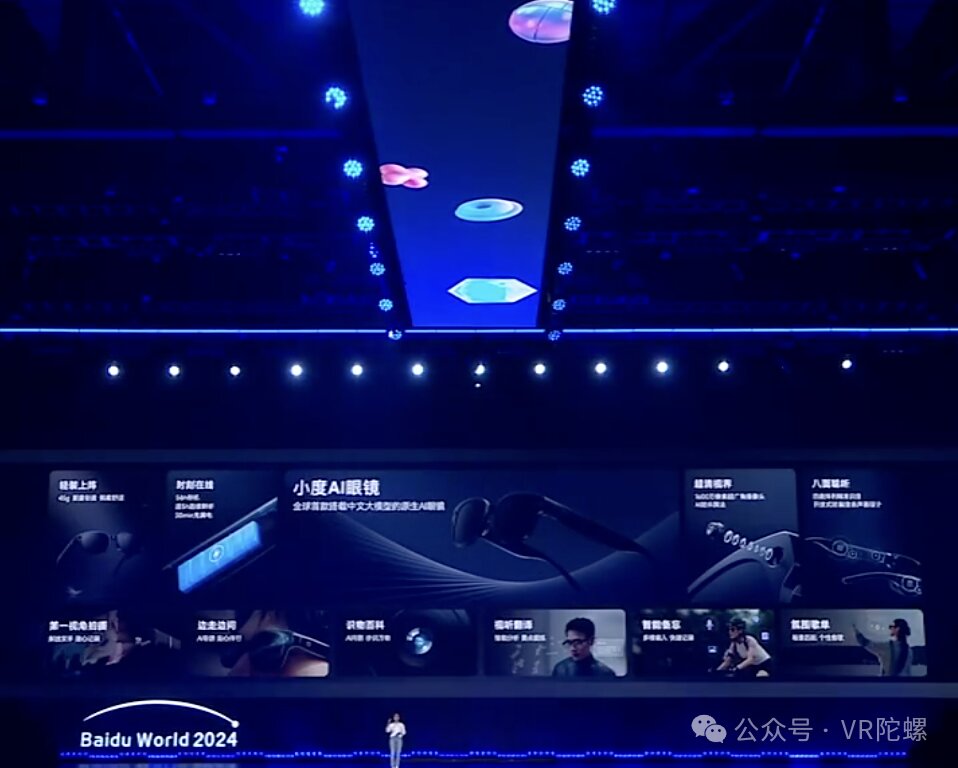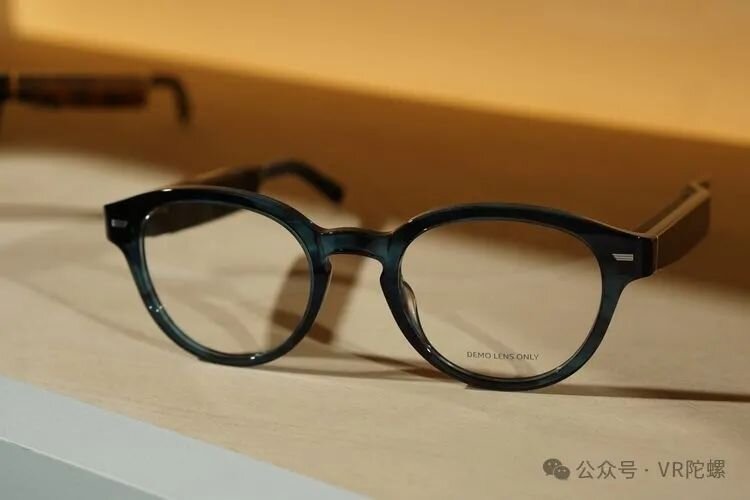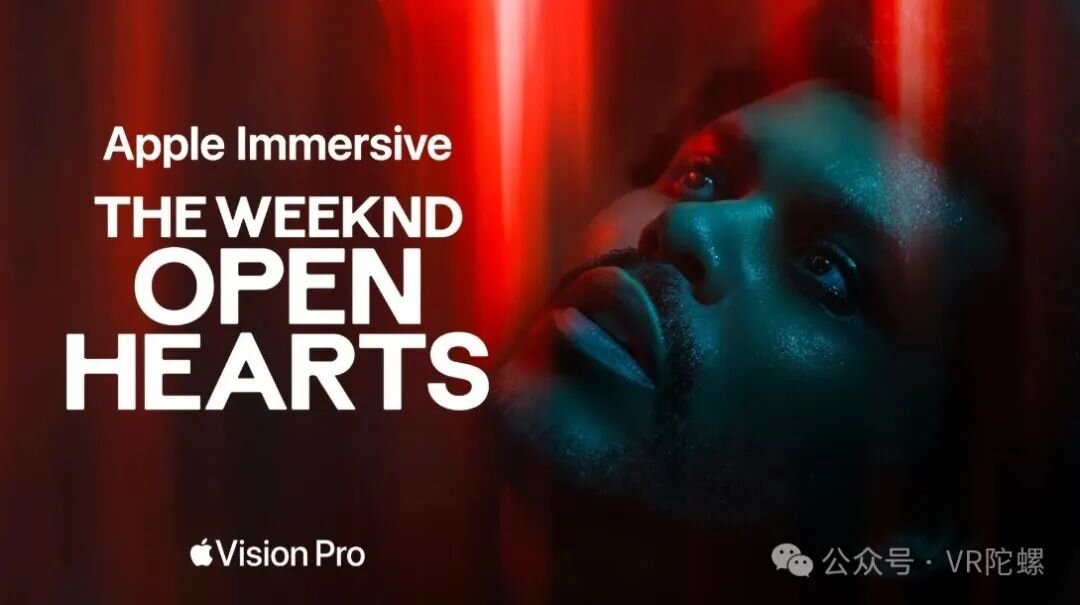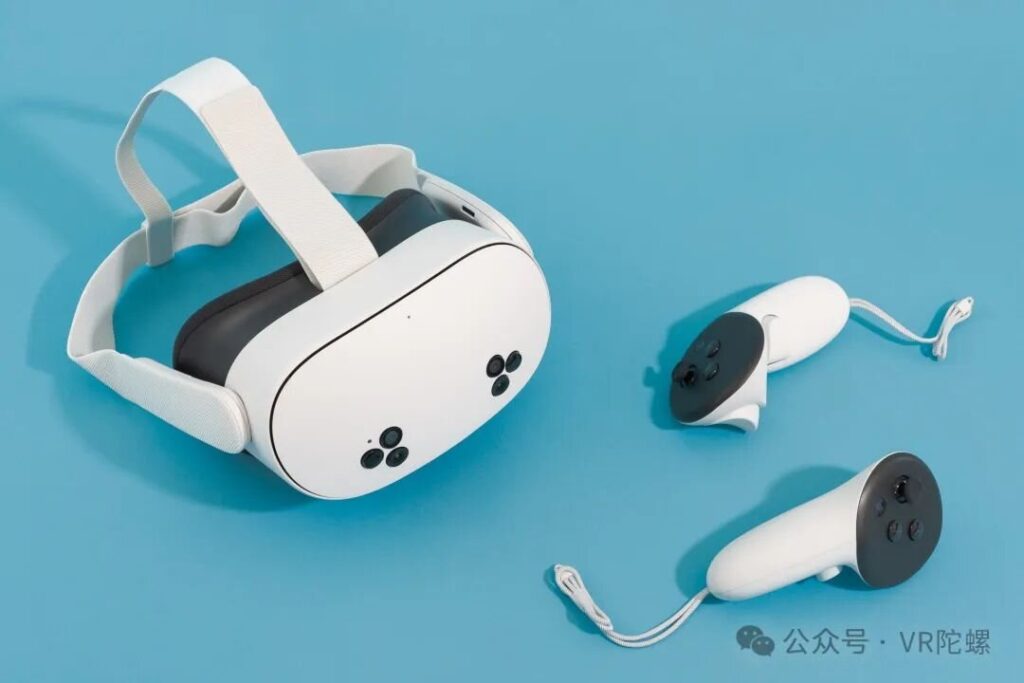In a significant stride for tech innovation, Baidu has introduced its first Xiaodu AI glasses at the 2024 Baidu World Conference, with plans for official release in the first half of next year. These groundbreaking glasses promise a suite of features including audio-visual translation, AI-powered tour guidance, object recognition, personalized music experiences, calorie counting, and photography capabilities.

Meanwhile, Amazon is also venturing into the smart glasses market with two distinct offerings, one tailored for their delivery service and the other aimed at general consumers. According to a Reuters report, Amazon’s new smart glasses project, codenamed “Amelia,” is designed to assist delivery drivers with precise navigation, aiming to reduce delivery time. The glasses feature a display that can offer directional cues, such as suggesting whether to turn left or right after exiting an elevator. Additional camera functionalities are in development, potentially allowing drivers to photograph packages as proof of delivery.
However, Amazon faces several challenges in this development, including ensuring the glasses can operate for 8 hours and are lightweight enough for all-day wear. Other considerations include accommodating diopter adjustments and persuading a largely third-party contractor fleet to adopt this technology. Despite these hurdles, the project is an integral part of Amazon’s strategy to enhance the last 100 yards of delivery efficiency. If the glasses fail to meet performance expectations, they could be postponed or canceled altogether.
In the consumer space, future iterations of Amazon’s Echo Frames, which struggled with sales under 10,000 units compared to competitors like Ray-Ban Meta, are expected to feature an embedded screen. These are speculated to debut sometime in the second quarter of 2026.

In another push for immersive technology, Meta has announced new partnerships with universities in the U.S. and the U.K. to integrate virtual reality (VR) into education. Under the Meta for Education test program, 13 educational institutions will trial an early version of their products, with the goal of making interactive and engaging educational content more accessible. These partnerships span disciplines such as science, medicine, history, and language arts.

Participating institutions include Arizona State University, Houston Community College, Imperial College London, Miami Dade College, Morehouse College, New Mexico State University, San Diego State University, Savannah College of Art and Design, University of Glasgow, University of Iowa, University of Leeds, University of Miami, and University of Michigan. Moreover, Meta has extended its “digital twin” VR initiative to Europe, partnering with the University of Leeds in the U.K., the University of the Basque Country in Spain, and Leibniz University Hannover in Germany. This project, initiated with VictoryXR, aims to replicate real university environments for virtual classes.
These initiatives are part of Meta’s broader strategy to reinforce its foothold in the education sector, leveraging its Reality Labs division dedicated to VR and AR technologies. Despite a 29% increase in revenue to $270 million last quarter, expenditures have risen, resulting in a $4.4 billion loss for Meta’s third quarter. Nonetheless, Meta intends to continue investing in product development and ecosystem expansion.
In related developments, VirtualAge Studio announced that “Ember Souls,” a VR action game inspired by classics like “Prince of Persia” and “Assassin’s Creed,” will launch on Quest on November 21. The game features creative interactions with environments and complex puzzles supported by acrobatic moves and a combat system with over 20 weapons.
Additionally, Virtuleap has unveiled a VR cognitive assessment tool called Cogniclear. Designed for early detection of cognitive impairments, this innovative tool immerses users in virtual environments for more precise and objective evaluations across eight cognitive categories.

Exciting news for music enthusiasts: The Weeknd’s immersive music experience will soon be available on Apple’s Vision Pro, offering an audio-visual journey through surreal and memorable cityscapes. This release is part of a broader lineup of immersive experiences being developed for the platform.

Finally, Meta has released a demonstration video of its Orion operating system for AR glasses. The video highlights a variety of built-in apps, including Facebook, Instagram, WhatsApp, and numerous AR games. Interestingly, the glasses allow for gesture interactions and multitasking, with an impressive field of view that enhances the immersive experience. Previously showcased features include Augments, which anchor virtual widgets like photo albums in the real world, adding another layer of utility to this innovative technology.
The tech industry continues to blaze new trails in smart eyewear, VR, and AR, with companies like Baidu, Amazon, Meta, and others at the forefront of this evolution, aiming for broader applications and deeper integrations into everyday life and specialty sectors like education and logistics.


